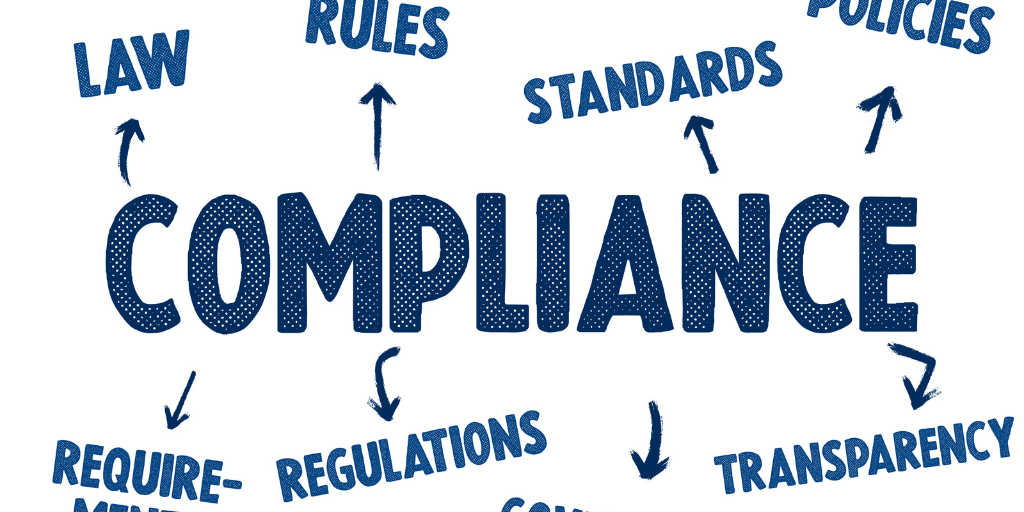
Property Management Accounting vs. Regular Accounting: Key Differences
- February 18, 2025
- OHI

Accounting is a critical function in every industry, but it’s not a one-size-fits-all approach. The needs of a property management company, for example, differ significantly from those of a business operating in retail or manufacturing. Property management accounting comes with its own set of standards, practices, and challenges that distinguish it from regular accounting. Whether you’re a property manager or a business owner trying to understand the nuances of these two systems, this article outlines the key differences between property management accounting and regular accounting.

The primary focus of property management accounting is to manage and track finances related to real estate properties. This includes handling rent payments, tracking maintenance expenses, calculating profits for property owners, and keeping an eye on property-specific income and expenses.
Essentially, its goal is to provide property owners and tenants with clear financial insights while ensuring compliance with lease agreements and local property laws.
Regular, or general accounting, handles the overall financial operations of a business. Its main purpose is to track income and expenses, create financial statements, support budgeting efforts, and ensure compliance with tax laws. Instead of focusing on property-specific finances, regular accounting covers the broader scope of the business as a whole.

In property management accounting, the revenue primarily comes from sources like:
Specific tracking is required for each revenue source to ensure accountability and transparency between property managers and property owners.
The revenue in regular accounting often includes sales income, service fees, subscription fees, interest earnings, or other streams based on the industry. Regular accounting simplifies the categorization of these revenues under fewer, broader financial channels compared to the granular approach used in property management.

Property-specific expenses are the heart of property management accounting. These can include:
Expenses are carefully tracked by property or unit to ensure accurate reporting to property owners and consistent cash flow management.
For regular accounting, expenses are categorized by the type of business activity, such as materials, labor, marketing, utilities, and general operational costs. There’s less need to segment expenses by physical location or property, making the tracking process simpler than in property management.

Property management accounting emphasizes property-specific reports. These reports provide property owners with detailed insights into:
Additionally, property managers often create owner-specific financial summaries to transparently show the profitability of properties under their care.
Regular accounting generates standard financial statements, including:
These reports provide a snapshot of the overall health of the business rather than targeting specific properties or segments.

Property managers must adhere to specific compliance standards, including:
Failing to meet these requirements could result in legal disputes or penalties.
Compliance in regular accounting revolves around national standards like Generally Accepted Accounting Principles (GAAP) or International Financial Reporting Standards (IFRS). The focus is on tax compliance, accurate bookkeeping, and ethical financial reporting across all business operations.

Property managers rely on specialized software tailored to real estate operations. These tools often include features like:
Examples include Buildium, AppFolio, and Yardi Voyager, which are designed to simplify property-specific financial tasks.
General accounting software, such as QuickBooks, Xero, or Sage, focuses on traditional bookkeeping and financial reporting. While effective for regular businesses, these platforms often lack the specific tools needed for property management tasks, like tracking income and expenses by unit or property.

Property managers operate as intermediaries, managing relationships with two distinct groups:
This dynamic creates unique financial responsibilities that go beyond traditional customer-business relationships.
Clients or customers in regular accounting are usually one-sided—involving B2B or B2C transactions. The financial focus is clearer, with no intermediaries complicating revenue or expense flows.

Property management accounting and regular accounting may share the same foundation of financial principles, but the demands and execution of these practices differ greatly. While regular accounting provides an overview of business-wide financial health, property management accounting zeroes in on the profitability and performance of specific real estate assets.
Whether you’re a property manager or a business owner, understanding these differences is key to ensuring efficient financial processes and compliance. For those in the property management industry, specialized accounting services or software can significantly enhance transparency and efficiency in managing properties.
Looking to streamline property management finances? Consider investing in property-specific solutions or consulting with experts who specialize in property accounting to set your business up for success.
Contact us for a customized NO OBLIGATION proposal for outsourcing your accounting activities.







